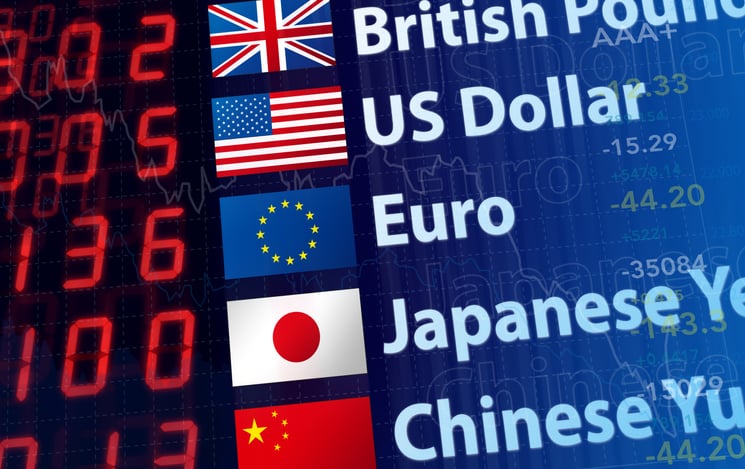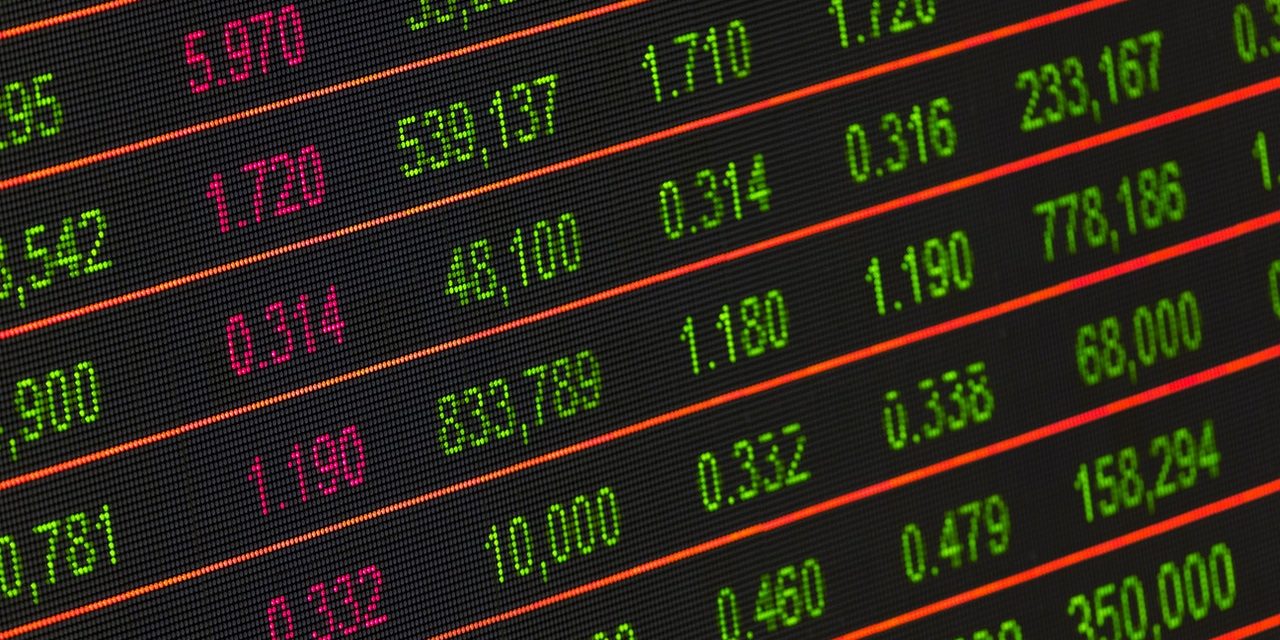CFDs vs Swaps – whats the difference and which is for you?
Updated for 2023
Both Contracts for Difference (CFDs) and Swaps (Equity and other Swaps) are derivative financial instruments that allow traders to take advantage of price moves in markets without directly owning the underlying securities on which they are based. One significant difference in considering CFDs vs swaps is that the former have no fixed expiry date (positions are renewed or completed at the close of each trading day and can be rolled over indefinitely) while swaps have a fixed, pre-defined period that they apply. Both can be OTC (over-the-counter).
What is a CFD swap?
It’s important to differentiate between CFDs and Equity Swaps – they are not the same thing. As I have described above, though they have some similar properties, swaps are more related to an exchange of cashflows between two parties. I go into more detail in this articles’ final paragraph.
Tell me more about CFDs and Swaps
Trading in derivatives has become popular among smaller investors, with CFDs becoming the most popular instrument to do this; they enable an investor to speculate on the rise and fall of prices in financial markets (including forex, stock indexes, commodities and others) without having to purchase the underlying securities. Equity swaps are another popular derivative instrument in which future cash flows in a company are exchanged between parties for a given, predetermined period. OTC swaps can be agreed on between two parties on a wide range of underlying instruments.
With CFDs what is traded is the number of units that a financial instrument’s price rises or falls during the period of the contract – it is essentially a speculation on the future movement in prices of the instrument. A CFD is a leveraged product where the investor only pays a small percentage of the full price of the underlying instrument when staking their position. The investor, however, is liable for both positive and negative rates of return depending on how the price moves. This means that when the returns are positive their gains are magnified but, conversely, so are the losses. Investors in CFDs are required to pay the ‘spread’ which refers to the difference between the buy and sell price of the underlying instrument. Investors are also required to pay the broker a holding costs for any positions they are trading which can also be positive or negative depending on price movements. CFDs do not have a set expiry date (unlike options or futures contracts) and can be rolled over indefinitely by the investor.
Aswap or equity swap is a derivative contract that involves two parties that exchange cashflows during a regular period where at least one of the cash flows is based on the performance of for example a stock or index. In this case one of the parties pays the other the returns on the performance of a stock (or designated basket of stocks) or equity index while the other pays a return based on a fixed or floating interest rate (or another stock or index). While equity swaps can be of varied types, at least one cash flow has to be based on the performance of a stock or index. These cash flows are exchanged at the end of the contract period, or periodically within the contract, based on its terms.

How can I trade CFDs or Swaps?
Swaps are hard to get a hold of as a retail investor or trader, largely due to eligibility criteria set by legislators in Australia, and the size of swap contracts required to enter the market.
Conversely, though risky, CFDs are very much available to Retail investors, traders and speculators through online brokers in Australia (see here for some examples and review articles).




